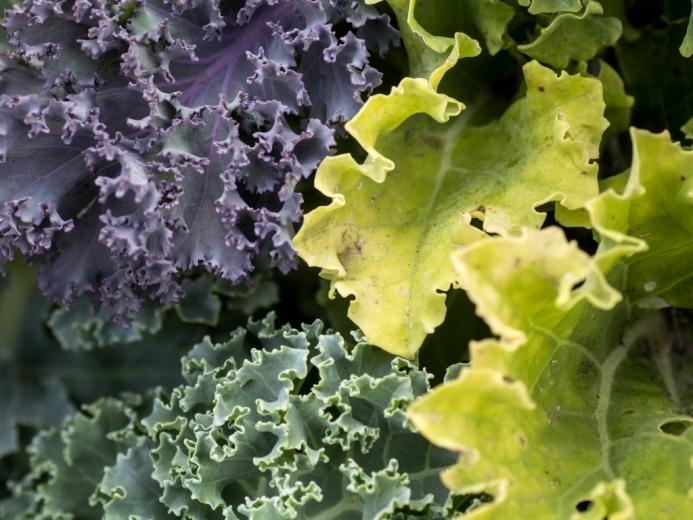Vitamin K
Good sources of vitamin K include fresh green vegetables and herbs and spices such as parsley, basil, sage, cilantro, oregano, and black pepper. Kale is an especially rich source of vitamin K. Other good sources of vitamin K include kiwifruit, blueberries, prunes, grapes, soybeans, and miso. Animal foods like pasture-raised eggs and chicken, grass-fed meat, grass-fed cheese, and milk contain vitamin K along with shrimp, salmon, sardines, and tuna.
Vitamin K plays a key role in blood clotting. Having low vitamin K can raise your risk of uncontrolled bleeding. Vitamin K deficiencies are rare in adults; however, they are common in infants. It is standard for newborn infants to be given an injection of vitamin K. Vitamin K also plays a role in bone health. People who are low in vitamin K are at greater risk of fractures.
References:
https://www.webmd.com/vitamins-and-supplements/supplement-guide-vitamin-k#1


